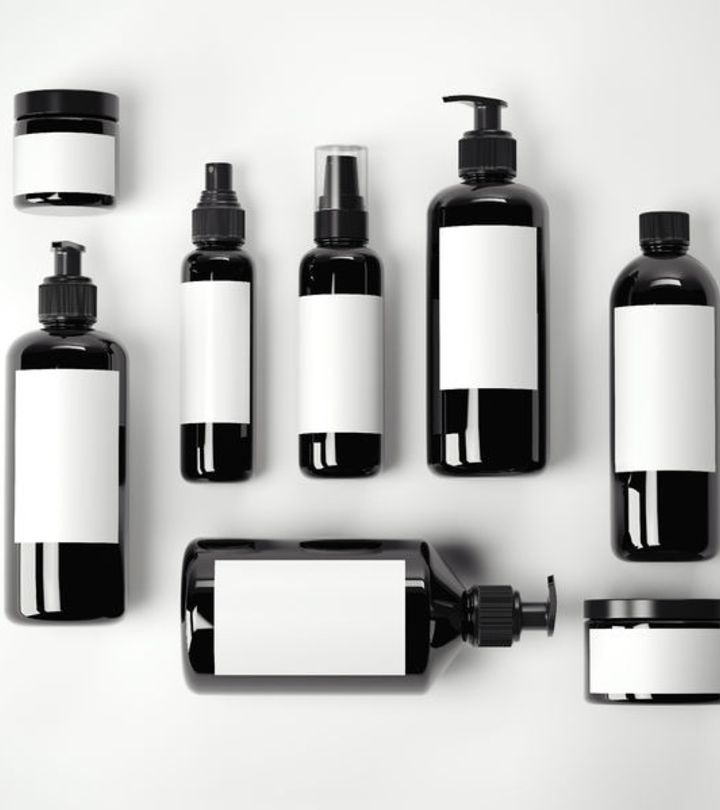If you’ve been looking into manufacturers that can produce private label supplements for you, then you probably have come across the terms “white label” and “private label.” These two concepts are relatively easy to confuse, but they are not the same.
If you want to make an informed decision when choosing a manufacturer for private label supplements, you will need to understand the difference between these two terms.
Table of Contents
Defining White Label
According to Wikipedia, a white label product is something one company produces, and another company sells. The first company is the manufacturer, and its only job is to make the product. The second company is the retailer. This company will put its name on the development and sell it as their own.
The name for white label products comes from the fact that when the manufacturer makes a product, it puts a white label on it so that retailers can set their tags over that to sell the products. You may also hear people call these products generic.
The reason they are generic is that the manufacturer sells the same products to multiple retailers. For example, if you sell white-label skincare, the product you get is not exclusive to your company. Every other retailer who buys from that manufacturer will get the exact product you get, but each retailer puts their name on it. Essentially, the only difference is the label.
Defining Private Label
Small Biz Trends explains a private label product is one that a company makes specifically for another company. There is exclusivity with this type of product. The manufacturer will not sell the same product to another company. It will only sell it to your company.
A private label product is a custom product. You can usually work with the manufacturer to make the product according to your desire.
White Label and Private Label Benefits
While white and private label products each have their benefits, they also share some services.
For example, both allow you to avoid the trial and error phase of production. By partnering with a manufacturer who is set up and experienced in creating a product, you avoid the process of having to test out ideas and lose money when they fail. The manufacturer handles this phase of the creation process, likely long before you ever start working together.
Ecomdash explains that these products also let you skip having to build production facilities and processes. This is a costly part of starting a business. Getting to bypass can save you tons of money. Plus, it saves time because you have a manufacturer ready to go when you need it.
Lastly, both white and private labels allow you to focus on building your brands and marketing your business. You can spend your time securing customers, figuring out the retail process, and handling those things that match your skills. Meanwhile, the manufacturer focuses on what it does best in creating the product.
Things to Know About White Label Products
Since white label and private label products are different, there are some things you want to know specifically about white label products.
First, because you are selling a product that is already available under other brand names, you have to focus a lot of attention on creating a marketing strategy and building your brand. Your product isn’t going to stand out or offer something unique to consumers, so you cannot rely on it to draw in customers.
A benefit to white label products is that they are easy to get your hands on. Since the manufacturer is consistently making the product, all you need to do is place your order to get some. It’s a speedy turnaround that lets you ensure you stay stocked up.
Another perk is that white label products are proven products. They are already selling, so you know they are something consumers want and like. You don’t have to worry about them, not meeting customer expectations.
Things to Know About Private Label Products
Private label products offer you some more opportunities than white label products. You get to customize the product, and it comes with exclusivity. You can rely on the product to sell itself a bit more than you could with a white label product.
Also, you have the ability to get a basic formula from the manufacturer that is a proven product. You won’t have to worry about it, not meeting expectations.
Finally, you can charge more for private label products. White labels are generally those products that sell for the lowest prices. At the top would be brand name products. Private labels fall in the middle. You won’t ask the highest price, but you can still make a decent profit.
A Look at the Workflows
In understanding white label vs. private label, you should get an idea of the general workflow involved for each product type. They are similar in some ways but different in others.
White Label Workflow
The white label workflow starts with building your brand. You want to develop your business image and to ensure that you have a loyal customer base or target market that you will sell to.
Once you have a good handle on your brand and know you have potential sales, you can begin looking for a manufacturer. Make sure you target those that sell the product you want. You shouldn’t approach a manufacturer and suggest they make a new type of product for you.
After you find a manufacturer, you can place your order. The manufacturer will then produce the product and ship it to you.
When you receive it, you can put your label on it and send it to retailers to start selling.
Private Label Workflow
The private label workflow starts with coming up with a product idea. It would help if you decided what you want to sell and get a good idea of the product’s general makeup, such as scent, color, and unique ingredients.
The next step is to find your manufacturer and begin customizing your formula. While the manufacturer produces your product and ships it to you, you can build your brand and drumming up interest in your product.
When you receive the manufacturer’s shipment, you can send it out to retailers to sell.
Making the Choice
If you know you want to work with either a white-label or private label manufacturer, you need to ensure you understand each option. Learning about how they differ and how they are the same can enable you to make an informed final decision.











